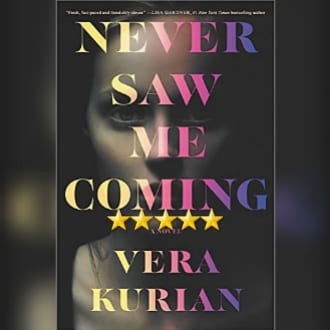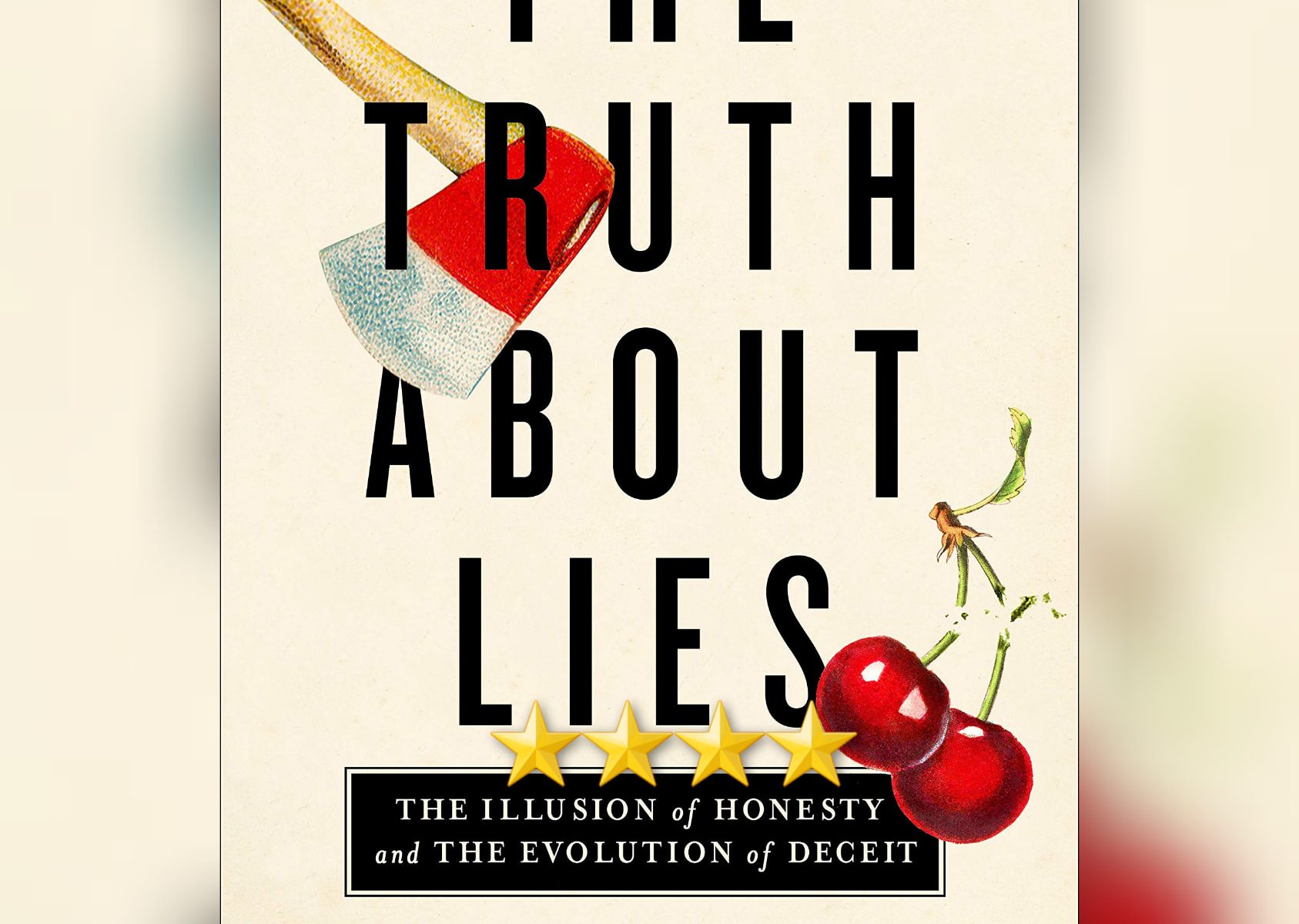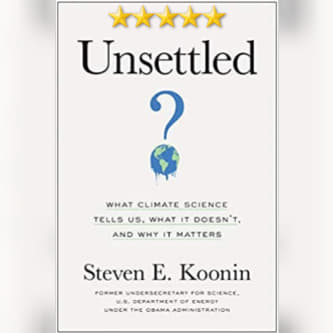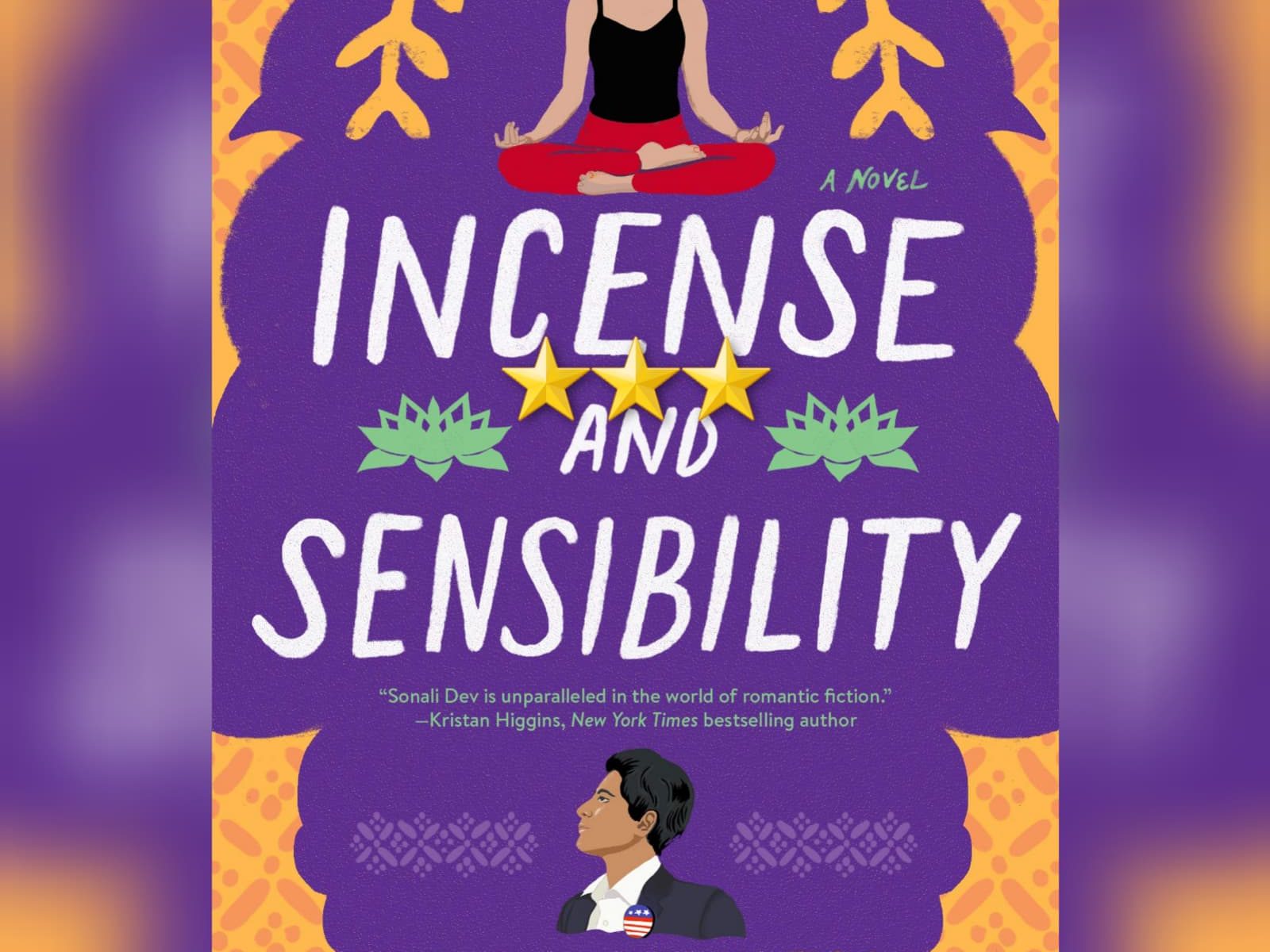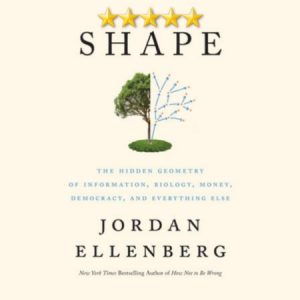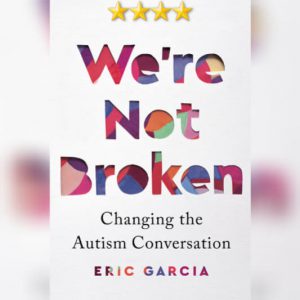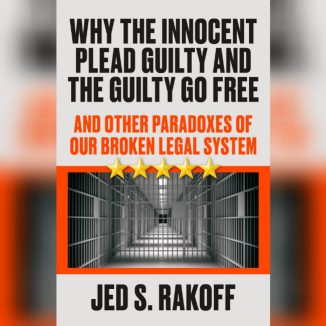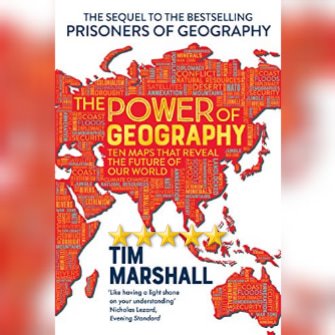For this blog tour, we’re looking at a book that further shows how an often stigmatized neurodivergence can actually be used for good rather than its stereotypical evil. For this blog tour we’re looking at Never Saw Me Coming by Vera Kurian.
Complex Story With Interesting (But Unnecessary) Commentary In Finale. This is a particular idea that I didn’t really know I was drawn to until reading Victoria Helen Stone’s Jane Doe books, about a slightly more mature psychopath than these college students here. So when I saw the premise here, I pretty well *had* to check it out. The overall story works well and will keep you guessing – and you’re most likely not going to guess right until the final reveal. The various aspects of psychopathy shown work well, and work well to show that *everyone* can lead a fairly normal life – thus helping (a bit) to destigmatize the condition. Including the romance that at least a few other reviewers panned – I enjoyed it for showing that even true psychopaths are capable of it, though admittedly this isn’t a romance book and thus that element is never a core focus of the tale. The switching from character to character was usually abrupt and could have used a bit better editing, perhaps naming the character at the top of the chapter and even breaking into a new chapter (with character name) when a perspective jumps mid chapter. But that is perhaps something that could be seen at the beta/ ARC level (and this book is still almost two months from publication as I write this review) and *perhaps* corrected. So if you’re reading this review years after publication, know that this particular issue may or may not exist any longer.
The commentary in the finale, about the doc and his perspectives, wasn’t really necessary but did provide an interesting, rarely seen wrinkle. One I happened to know about outside of this book and largely agree with, so it was refreshing to see it both discussed and discussed in such a positive light here. But again, it was ultimately unnecessary for the tale and thus a bit of a momentum killer in the final stretch. (Though fortunately it *is* fairly brief, so there is that at least.)
Overall a truly enjoyable read with a fairly rare and possibly unique premise. Very much recommended.
After the jump, an excerpt from the book followed by the usual publisher details – book description, author bio, social media and buy links.
Continue reading “#BlogTour: Never Saw Me Coming by Vera Kurian”

